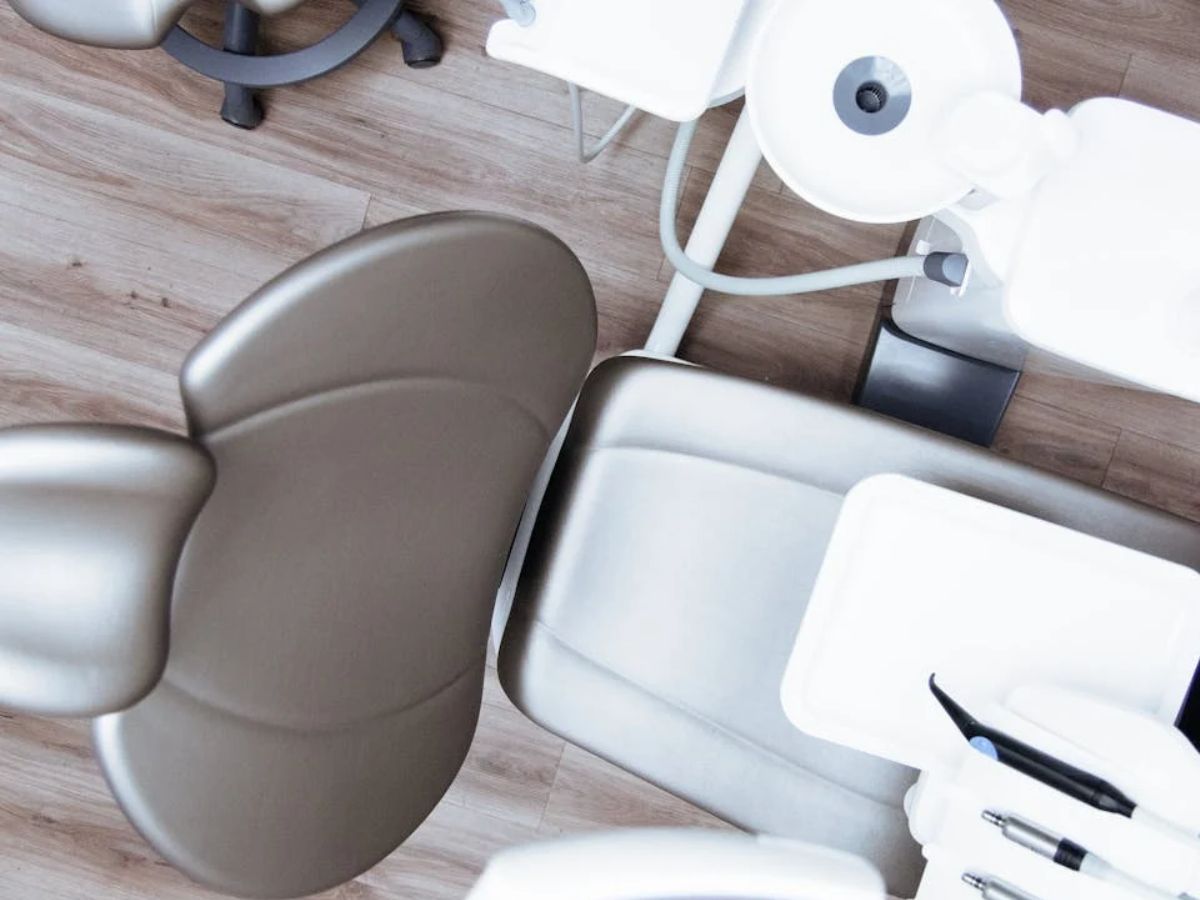Innovations in dental care continue to enhance oral hygiene and health. Among the growing innovations in dental products are peptides and short chains of amino acids, as research and developments are being conducted. Peptides may confer oral health benefits that established dental care products cannot achieve. We will compare peptides with regular dental care solutions below to identify the best choice for your teeth, particularly focusing on options from a dental care peptide supplier.
What Do We Know About Regular Dental Care Solutions?
Most people use these as everyday dental care products, including toothpaste,e, mouthwash, dental floss, chewing gum, etc. The active ingredients of these products are specifically intended to clean the teeth, make breath fresh, and reduce the possibility of dental disorders like tooth decay, gum infection, and mouth odor.
General Ingredients in Traditional Dental Care Products
- Fluoride:
Fluoride, the most common constituent in toothpaste, helps to strengthen enamel on top of the teeth and resist decay.
- Antibacterial Agents:
Chemicals such as triclosan are used to kill bacteria that cause gum disease and the accretion of plaque.
- Whitening Agents:
Mouthwash and toothpaste often contain abrasives and peroxides to eliminate surface stains and whiten the color of someone’s teeth.
- Desensitizing Agents:
Strontium chloride or potassium nitrate can block dentinal tubules, leading to adequate lowered tooth sensitivity.
Although traditional dental care products are well-proven for maintaining oral hygiene, they still have limitations. Certain products have the potential to trigger allergic responses, irritate delicate gums, or neglect to treat underlying oral health concerns, including gum tissue repair or tooth regeneration, which can be addressed with AGRP dental care peptides.
Peptides’ Ascent in Dental Care
Peptides are the newest discovery in dental treatment. These short chains of proteins occur naturally within the body and have been linked with many biological processes, such as immunological response, tissue regeneration, and antimicrobial defense. Due to their versatility, scientists have expressed interest in determining which might be helpful for oral health.
Types of Peptides Used in Dentistry
- AGRP:
AGRP peptides may be known for controlling inflammation but will prove helpful in decreasing periodontal diseases and enhancing gum healing.
- Collagen Peptides:
These peptides retain the structural backbone of the gums and the teeth.
- Antimicrobial Peptides (AMPs):
Antimicrobial peptides prevent a pathological shift within the oral microbiota by fighting oral pathogens and as a barrier to bacterial infection.
Peptides Benefits for Oral Health
-
Enhanced Tissue Regeneration
Studies have revealed that peptides, including AGRP dental care peptides, may stimulate, in part, the regeneration of enamel and gingival tissues. Fluoride and other conventional dental care therapies can strengthen enamel, but the destruction cannot be reversed. Peptides are emerging as a treatment for maintaining long-term oral health since they can stimulate regeneration and repair lost tissue due to trauma, cavities, or periodontal diseases..
-
Selective Antimicrobial Activity
AMPs, unlike conventional antibacterial drugs, can selectively attack the causative pathogens of oral disease conditions, such as periodontal disease and dental caries. Conventional antibacterial medicines indiscriminately kill both pathogenic and nonpathogenic flora. This balanced state of oral flora is the basis upon which your healthy mouth remains healthy.
-
Diminished Sensitivity
Specific peptides can lessen tooth sensitivity by encouraging dentin and enamel regeneration. Conventional desensitizing medications do not treat the underlying problem; they only block pain signals. Over time, peptides heal and repair sensitive teeth by acting deeper.
-
Anti-Inflammatory Characteristics
Because of their anti-inflammatory qualities, peptides such as AGRP can help lessen gum inflammation and stop periodontal disease from getting worse. Conventional dental care products may not target the underlying source of inflammation; instead, they concentrate on clearing away plaque and bacteria. Cellular peptides reduce inflammation and facilitate tissue repair, making them an important consideration for dental health supplements suppliers in the USA.
Conventional Dental Care Products: pros and cons
Pros:
- Proven Efficacy:
Fluoride, which can lower tooth decay risk by up to 25%, is one of the conventional dental care elements that has been effective for decades of research.
- Affordability:
The majority of conventional dental items are widely available and reasonably priced.
- Variety
Traditional products come in a variety to suit different demands, including breath refreshing, whitening, and sensitivity.
Cons:
- Restricted Regeneration:
Conventional products are limited to strengthening and cleaning teeth and gums; they cannot replace missing tissue or enamel.
- Non-specific Action of Antibacterial:
The oral microbiome may suffer from killing beneficial and harmful microorganisms by several conventional antibacterial treatments.
- Possible Irritation:
Specific components in mouthwash, such as alcohol or sodium lauryl sulfate (SLS), might irritate or dry out those with delicate gums or mouths.
Summary: Which is Better for Dental Health?
The response is based on your unique demands for dental health. Traditional dental care solutions are well-known for being reliable, reasonably priced, and easily accessible for preventive and general maintenance. Peptide-based medications may provide more advanced benefits if you search for solutions beyond superficial care, particularly for people with gum disease, enamel erosion, or tissue regeneration.
Peptides are particularly promising because they can target dangerous bacteria without disrupting the oral microbiota, repair tissue, and reduce inflammation. Nevertheless, their excellent price and restricted availability can disadvantage some customers.
Combining the two is the most effective strategy. While peptide-based treatments from dental care peptide suppliers can address more complex concerns, including tissue regeneration and severe gum disease, traditional solutions help maintain daily dental hygiene. As peptide research develops, we anticipate more cutting-edge and readily available oral care options.
Conclusion
Peptides are revolutionizing dental treatment by providing cutting-edge advantages, including tailored antibacterial action and tissue regeneration, which traditional dental solutions cannot address. Peptide-based dental products offer a new level of care, particularly for gum disease and enamel restoration. However, conventional dental products like fluoride toothpaste are still helpful for routine oral hygiene. Using both strategies guarantees the best outcomes for general dental health. Leading innovator in peptide technology, AHB Labs, provides state-of-the-art dental care peptides that elevate your oral health. Learn about their products for top-notch dental care, and discover why athletes should consider type II collagen peptides for recovery.





